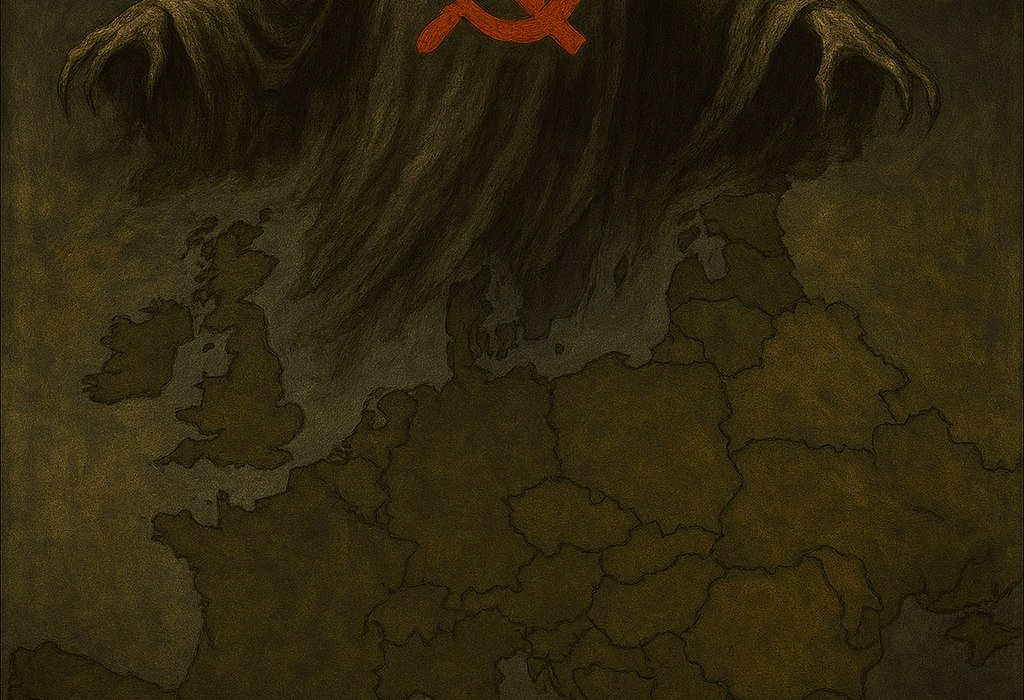by Turan Rzayev
Russian Foreign Ministry spokesperson Maria Zakharova has commented on Azerbaijan and Armenia’s cooperation with NATO. She stated that both countries must take into account the potential impact such deepening ties with the alliance could have on the regional situation.
“We hope that Azerbaijan and Armenia will understand the risks of a potential deterioration of the situation if cooperation with NATO intensifies,” Zakharova said.
Although her remarks lack explicit threats, it is clear that in diplomatic terms, such statements serve as a veiled warning: “Do not cross the line.” Through these kinds of messages, Moscow seeks to curb regional actors’ inclinations toward the West and maintain its own sphere of influence.
Unfortunately, Russia refuses to abandon its imperialist stance. It still treats South Caucasus countries as though they remain its former colonies. This sentiment is clearly reflected in Zakharova’s statement. She essentially portrays NATO cooperation by Azerbaijan and Armenia as a threat, claiming it could lead to further regional instability. The message carries an implicit warning from the Kremlin: “If you deepen ties with the West without considering us, be prepared for the consequences.”
Such statements, however, are largely meaningless — especially when directed at Baku. Neither Azerbaijan nor Armenia is a NATO member, and membership appears unlikely in the foreseeable future. Azerbaijan has no intention of joining, and while Armenia might desire it, achieving that goal is highly improbable. Nevertheless, both countries are engaged in partnership programs with NATO. For example, the “Partnership for Peace” program stands out as a clear illustration. These collaborations are limited to military-technical cooperation, training, and security experience-sharing.
Azerbaijan’s cooperation with the alliance is primarily aimed at building a modern army and strengthening national security infrastructure. This cooperation has never been directed against Russia. Additionally, Azerbaijan is not a member of the Collective Security Treaty Organization (CSTO), whereas Armenia is — despite also cooperating with NATO.
Azerbaijan has pursued cooperation with NATO for many years but maintains a balanced foreign policy. Baku engages with the alliance while simultaneously preserving a strategic partnership with Moscow. Russia, instead of acknowledging this balance, chooses to issue thinly veiled threats.
Azerbaijan is a sovereign and independent state. It designs its foreign policy with precision, professionalism, and a forward-looking, low-risk approach. Baku fully understands both the strategic advantages and the risks associated with its region. Warnings or covert threats are unacceptable. Baku does not act under any external diktat.
Russia must abandon such rhetoric and seek solutions to regional issues through dialogue with its neighbors. Otherwise, what it fears might become reality. Although NATO membership is not currently on Azerbaijan’s strategic agenda, increasing tension with Russia and rising risks may push Baku to reconsider. Moscow should understand that once a country decides to join NATO, deterring it is nearly impossible. Sweden and Finland serve as prime examples — Russia could do nothing but issue empty threats.
Russia continues the misguided policies of the former Soviet Union. This very approach led to Turkey and Greece joining NATO in 1952. If the Kremlin persists with such policies, even two historical enemies like Azerbaijan and Armenia might be driven toward NATO membership. If both countries were to change their stance on NATO, France would likely support Armenia’s membership, while Turkey would support Azerbaijan’s. Russia must recognize this and adapt its rhetoric accordingly.

